In today’s world, power is no longer measured solely by the size of armies or abundance of natural resources, but also shaped in centers of innovation, promoted through culture and media, and exercised via the creative and knowledge economy. Dubai emerges as a key player in establishing what is known as the “soft economy” in the region, benefiting from a unique blend of strategic vision, advanced infrastructure, and cultural and technological influence.
The soft economy is not limited to public diplomacy tools or the arts alone; it also includes creating environments attractive to minds, developing think tanks and creativity centers, and investing in the knowledge and innovation economy. Over past decades, Dubai has succeeded in building an economic model that goes beyond trade and services to export patterns and ideas, consolidating its soft influence regionally and globally.
A glance at projects such as the “Museum of the Future,” artificial intelligence initiatives, and the “Dubai Digital Strategy” reveals the scale of transformation led by the emirate. The Dubai International Financial Centre is today one of the most prominent financial hubs not only in the Middle East but also among emerging markets globally.
International indicators show that Dubai is steadily advancing in several global rankings: it is the top Arab city in the Global Financial Centres Index, among the top 10 cities worldwide in digital attractiveness and urban innovation indices. The “Digital Competitiveness Report 2024” by the International Institute for Management Development shows that the UAE, largely driven by Dubai, holds a leading position in digital government readiness and e-commerce.
Global events contribute to enhancing this influence, from “Expo 2020 Dubai” to the “World Government Summit” and “COP28,” as well as cultural and artistic festivals. Dubai has managed to employ the overall scene as a strategic tool to generate trust, attract investment, and craft a new global narrative. The city today stands as a preferred destination for policymakers, entrepreneurs, and creatives from around the world.
Despite all this success, the biggest challenge facing Dubai remains maintaining momentum and expanding the productive base in creativity and knowledge fields. With rising competition from many emerging cities, a fundamental question arises: how does Dubai maintain its leadership in the soft economy? The answer lies in enhancing investment in local content, localizing technology, and expanding community participation. There is no doubt that Dubai will continue on an ambitious and balanced path between openness and regulation, not only approaching the forefront of the soft economy regionally but potentially becoming a global model of a city that creates its impact quietly and writes its future in the language of subtle influence, not hard power.



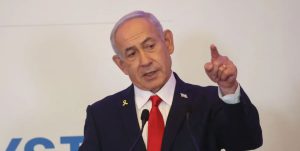
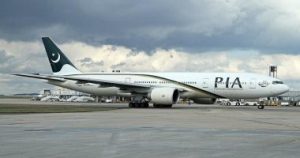
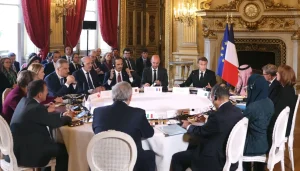
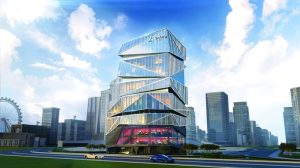
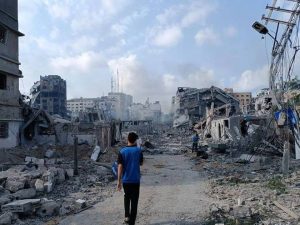





Recommended for you
Exhibition City Completes About 80% of Preparations for the Damascus International Fair Launch
Talib Al-Rifai Chronicles Kuwaiti Art Heritage in "Doukhi.. Tasaseem Al-Saba"
Unified Admission Applications Start Tuesday with 640 Students to be Accepted in Medicine
Egypt Post: We Have Over 10 Million Customers in Savings Accounts and Offer Daily, Monthly, and Annual Returns
His Highness Sheikh Isa bin Salman bin Hamad Al Khalifa Receives the United States Ambassador to the Kingdom of Bahrain
Al-Jaghbeer: The Industrial Sector Leads Economic Growth